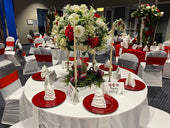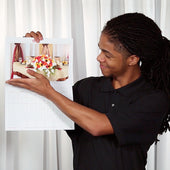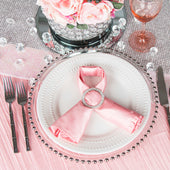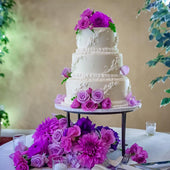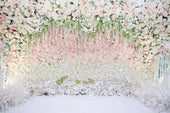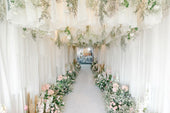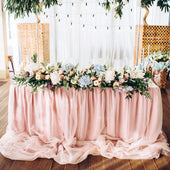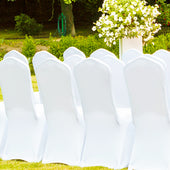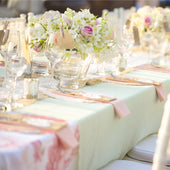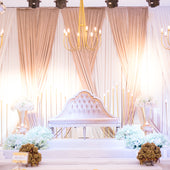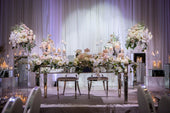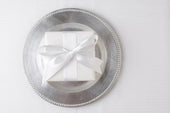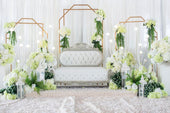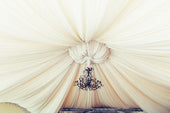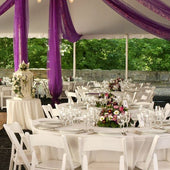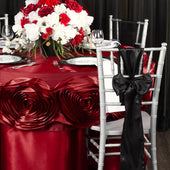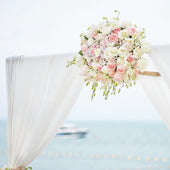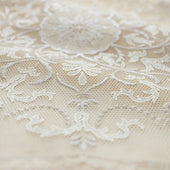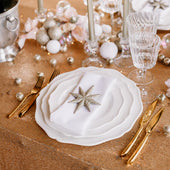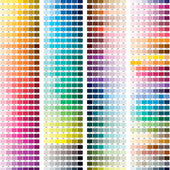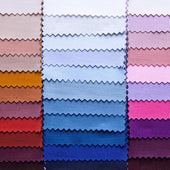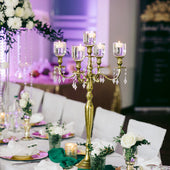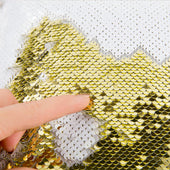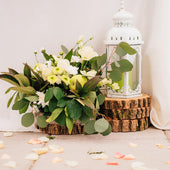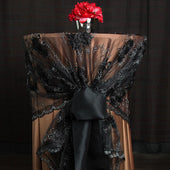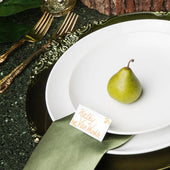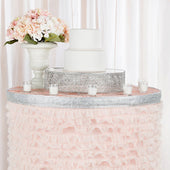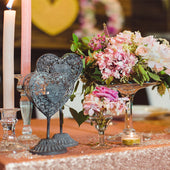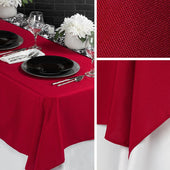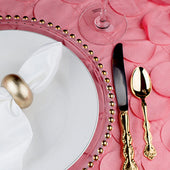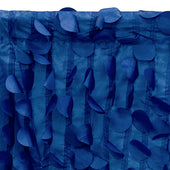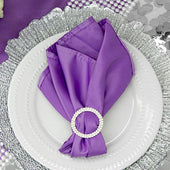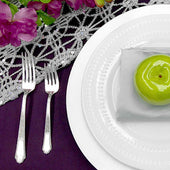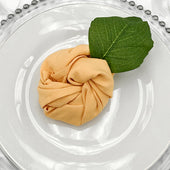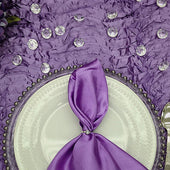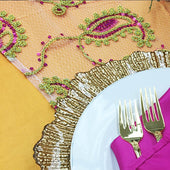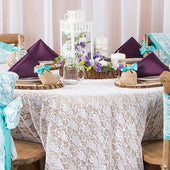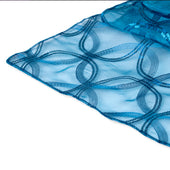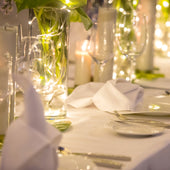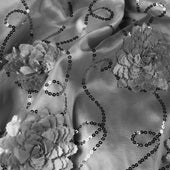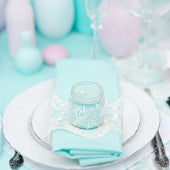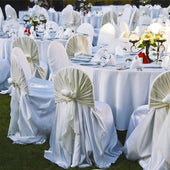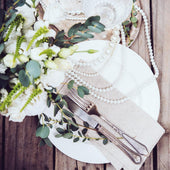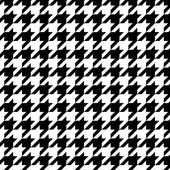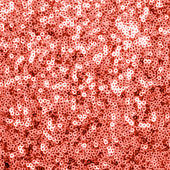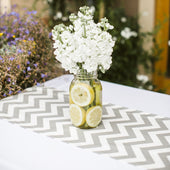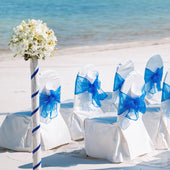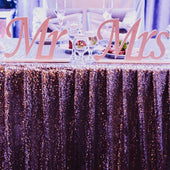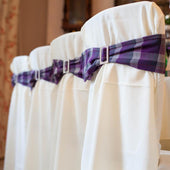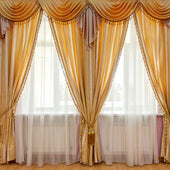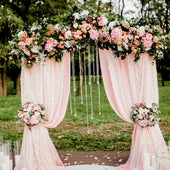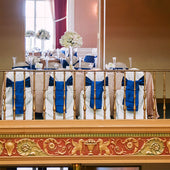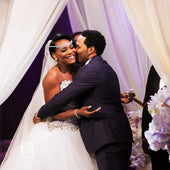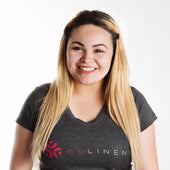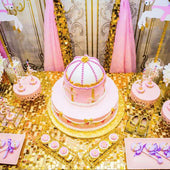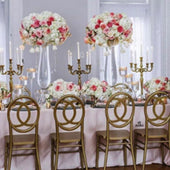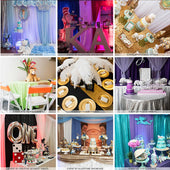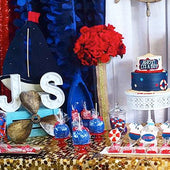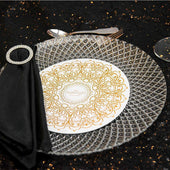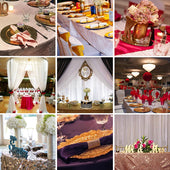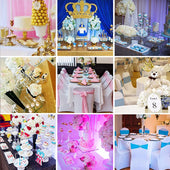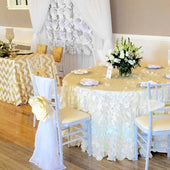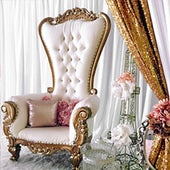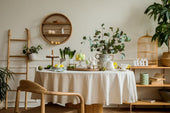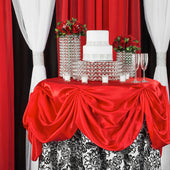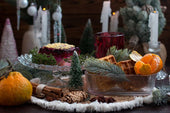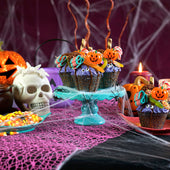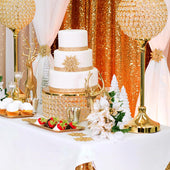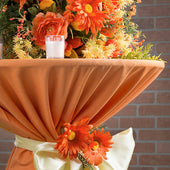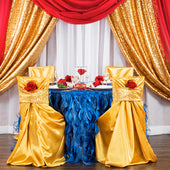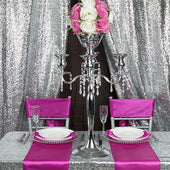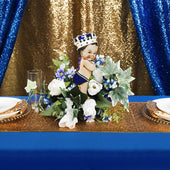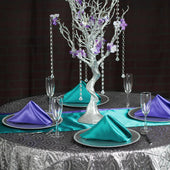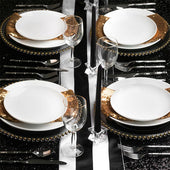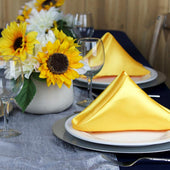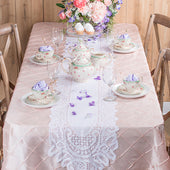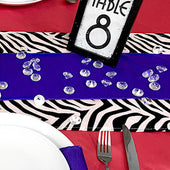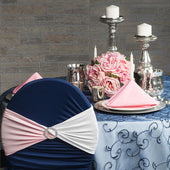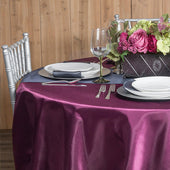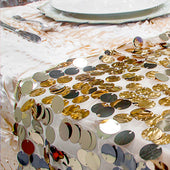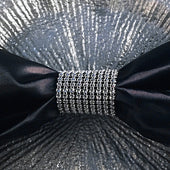Whether it’s something you remember from art class or something you’ve seen on Pinterest, you’ve probably seen a color wheel. Color wheels can be invaluable when planning a wedding or event. They’re an easy way to start choosing a color palette that you know will look good! Without knowing much about them they can definitely seem overwhelming and hard to navigate, but luckily we’ve created a small guide to help you out. By the time you read through this you’ll know exactly what each color is and how they interact with the colors around them.
CV Linens Color Wheel
To start off, here’s the standard color wheel:

Types of Color
Primary Colors
Primary colors are base colors that help make up the rest of the color wheel.

Secondary Colors
Secondary colors are created by two base colors being combined together, such as yellow and blue to create green.

Tertiary Colors
Tertiary colors are created by a base color and a secondary color being combined together, such as red and orange to create red-orange.

Types of Color Schemes
Complementary Colors
Complementary colors are opposite of each other on the color wheel. The most common complementary color schemes are yellow/violet, blue/orange, and red/green (Christmas, anyone?) Complementary color schemes are perfect for events where you want to keep it simple!

Tetradic Colors
The tetradic scheme forms a rectangle on the color wheel and combines two complementary color pairs. The tetradic scheme can be useful if you’re wanting to use complimentary colors, but also need a third and/or fourth color for accent decor!

Analogous Colors
The analogous color scheme is widely popular and commonly used! To create an analogous scheme, simply find the color you want to use as your main event color and also incorporate the two colors directly next to it on the color wheel.

Triadic Colors
Triadic colors form an evenly spaced triangle on the color wheel. This is the perfect scheme to use if you’re wanting all of your colors to be of one type, such as tertiary!

Square Colors
Similar to the tetradic color scheme, but instead of pairing complementary colors the square color scheme uses four colors that are evenly spaced out around the color wheel. This is a great scheme to use if you’re really wanting to create a colorful event filled with variety!

Split Complementary Colors
The split complementary color scheme is an innovative way to use complementary colors! To find the split complementary color for your scheme, locate the main color you’re wanting to use and its compliment. Instead of using the compliment in your decor, use the two colors that are directly next to the complementary color you’re not planning to use. This will help your event still look cohesive, but not typical or expected.

Not too bad, right? Feel free to pin or print any of the wheels above for future use! If you have any questions on which of our linens best matches the scheme you’re after don’t hesitate to DM us on Instagram!
























































